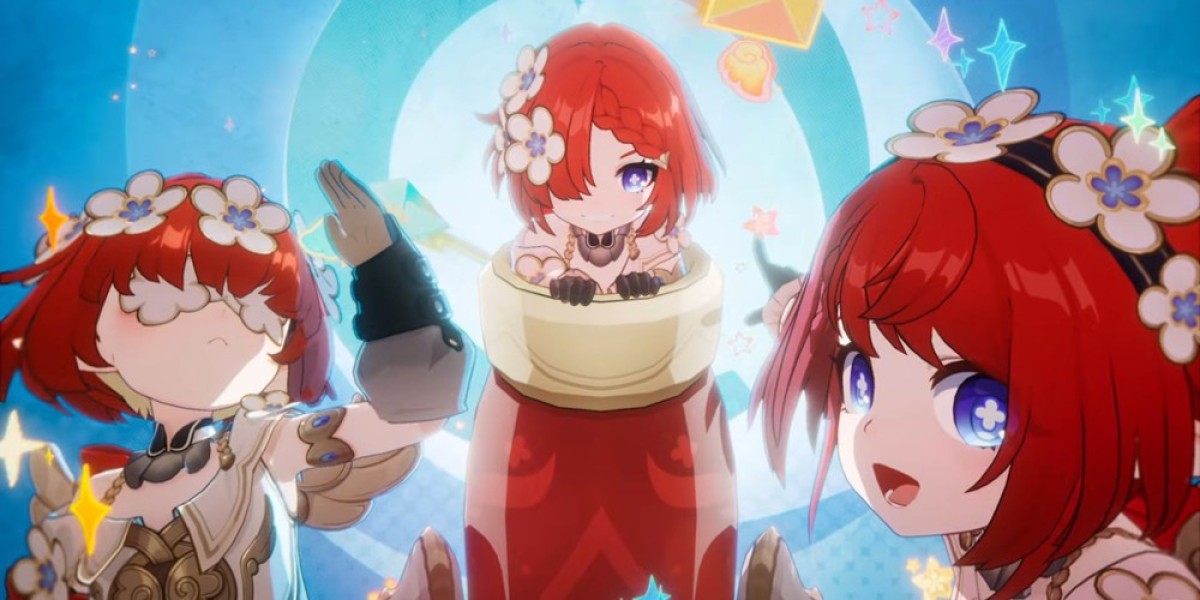Character Development through Decisions:
The story-driven decisions in Act 5 do more than just affect the plot—they also contribute to the development of your character. Your choices reveal aspects of your character’s morality and values, reflecting the type of hero (or anti-hero) you’ve become. Whether you choose to save an innocent villager or ignore their plight in favor of your survival can have a significant character impact, both in-game and narratively.
Choices Based on Alignment: If your character is portrayed as self-serving, you might choose to ally with factions that offer the greatest personal gain. On the other hand, if your character leans toward compassion, you may focus on helping those in need, regardless of the personal risk.
Character Motivation: These moral decisions help to define your motivation throughout the act. Some players might find themselves making decisions that fit their idealized version of the character, while others will lean into the game's darker aspects, exploiting alliances to achieve personal power.
Your decisions can influence not only how others view you but also the resources and rewards you gain. For instance, choosing to save a key NPC in distress might unlock a special skill gem or provide valuable crafting material, whereas choosing to Path of exile currency abandon them might cut you off from certain rewards but could allow for other potential allies.
The Impact of Choices on Game Progression:
The moral decisions you make in Act 5 also affect the gameplay mechanics in subtle ways. These choices directly influence what content becomes available to you, as well as the difficulty of the challenges you’ll face. For example:
Story Branches: Depending on whether you help or hinder a faction’s goals, you may unlock alternate paths that lead to different bosses or even endgame dungeons. Certain factions may reward you with exclusive gear or skills if you help them succeed, but siding with one faction could mean missing out on valuable quests or loot drops from another.
Reputation and Rewards: Some of your decisions will affect your reputation with factions or NPCs, which in turn can grant you access to exclusive items, skills, or endgame crafting recipes. Conversely, betraying allies may limit your options for upgrading your gear or gaining access to unique materials.
Endgame Preparation: Your choices might also set the stage for the endgame content. For example, choosing a path of diplomacy with certain factions could grant you access to exclusive endgame bosses or make your endgame progression easier by providing stronger allies or better crafting options.
Conclusion:
Act 5’s focus on story-driven mechanics and moral decisions introduces a rich layer of depth and complexity to Path of Exile 2. The moral dilemmas you face force you to think about the broader consequences of your actions, as each decision impacts the game world, character development, and the resources available to you. The choices made here are not just about morality; they shape your journey and ultimately help define your character’s identity within the world of Wraeclast.
Whether you choose to side with powerful factions, help innocent NPCs, or focus on your self-interest, Act 5 ensures that your choices have weight—providing a more personalized and dynamic experience that extends well into the endgame. This act invites you to POE currency for sale truly become the hero (or villain) you envision, with each decision making a lasting impact on both the world and your character’s destiny.



